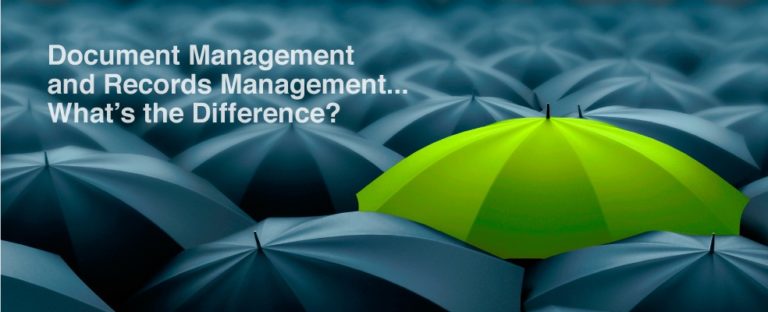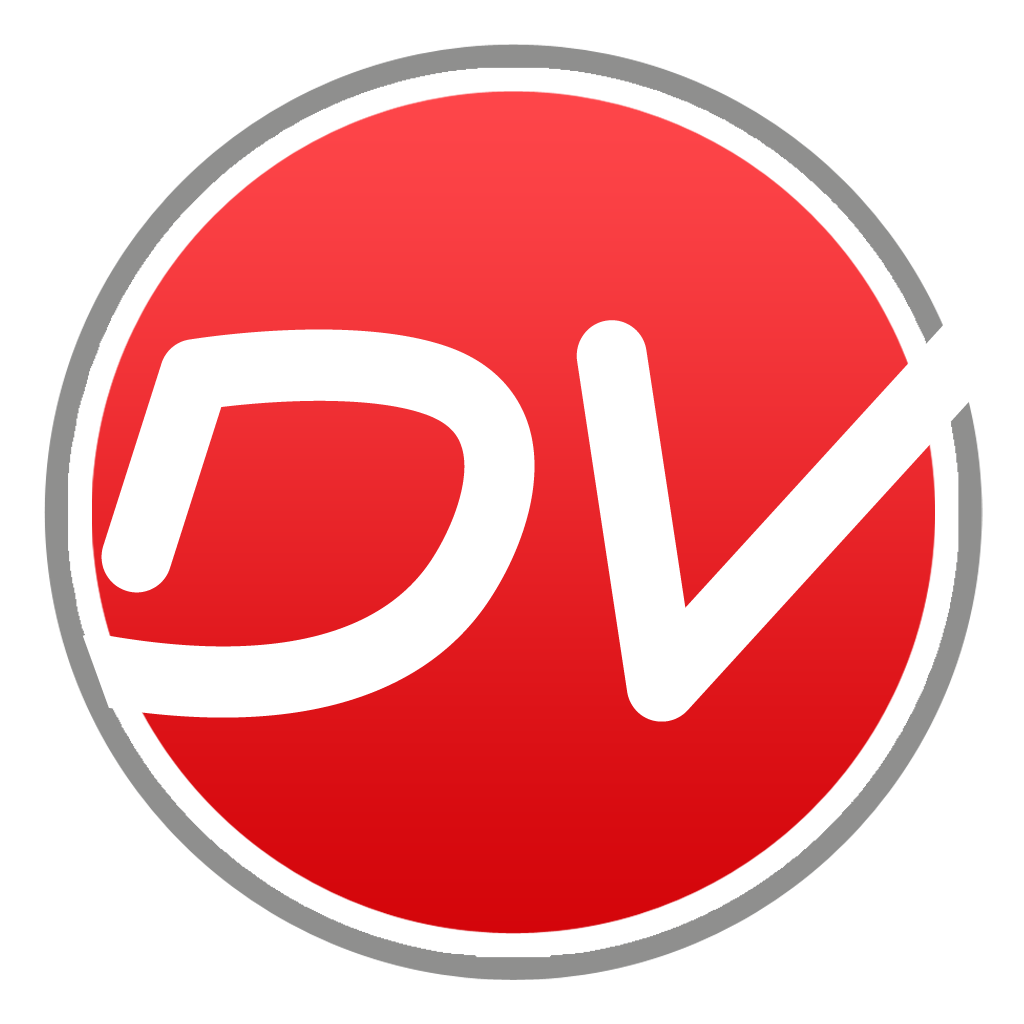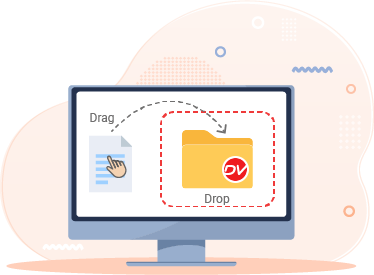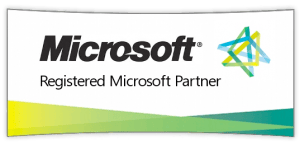5 Major Differences Between Document Management and Records Management

Introduction
The major difference between Document Management and Records Management lies in the entity being managed i.e. document or records. Documents are any documents created within an organization or brought into it during day to day business activity. Records are important contracts, tax documents, government, legal notices and documents etc. By this classification, we can arrive at the conclusion that a document can be a record, but all documents are not records. This helps us arrive at 5 major differences between document management and records management system.
Key Differences between Document Management and Records Management System
1. Specialized Need
A company looking to adopt a system that allows them to manage, access and retrieve their digital documents, predominantly require a document management solution. However, for management of records, a special solution is required which goes a step further and allows organizations to create, classify, secure, hold and finally dispose records as per the industrial and legal mandate.
2. Restricted Market
Records management system deals with several industrial and government regulations whereas document management concerns with the management of day-to-day business documents, thus it is important for the former to strictly adhere to industry standards. All document management software systems cannot help you deal with records. This is why, it is important to choose a software system like Docsvault which can help with documents as well as records management.
3. Scope of Documents
Record in simple terms means a document that cannot be edited or deleted (can be disposed only as per legislative rules). It can be anything from an email to signed contracts, salary slips to labor contracts. A document is basically in an ‘in-progress’ state and can be edited, reviewed and even deleted.
4. Objective of the System
While the main aim of Document Management System is to better organize digital documents so as to retrieve them easily, Records Management System is useful for simplifying activities and processes of records so as to administer retention policies and procedures.
5. Acquired Benefits
The main benefit of DMS is a reduction in physical space used to store documents such as file cabinets, streamlined workflow and collaboration, and elimination of chances of lost or misfiled documents. Some of the benefits of RMS are controlling the quantity and quality of records thereby ensuring compliance with laws.
How Docsvault Can Help
All the business-critical features needed to meet any records management requirements as well as manage documents and information that are part of any business processes are provided. It provides robust document managements tools that enables you to create, edit, store, manage and collaborate on documents with fine-grained security.
Docsvault offers flexible retention policies, legal hold capabilities, classification, flexible indexing, and, finally, disposition of records in accordance with your internal policies and regulatory laws.
Many organizations, especially financial, legal, public accountancy and healthcare firms, have to adhere to strict retention policies. Before you implement records management system, it is advisable you understand the retention rules pertaining to your industry and then take the plunge.





